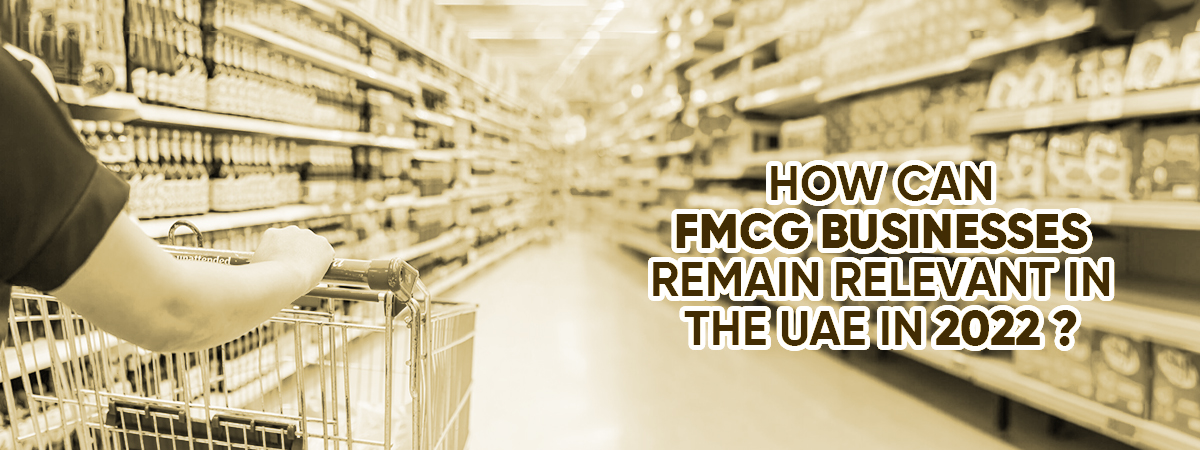- Tokyo : 14:22 |
- Singapore : 13:22 |
- Dubai : 09:22 |
- London : 05:22 |
- New York : 00:22 |
- Sydney : 16:22

The FMCG (Fast Moving Consumer Goods) addresses probably the most prominent business worldwide. Companies involved in the FMCG sector supply minimal expense items sought after. However, the FMCG sector in UAE is confronting a problematic climate with ongoing changes in the market, including the execution of VAT (Value Added Tax) and excise progressive pricing. Apart from this, Coronavirus (COVID-19) has created a crisis for FMCG products retailers worldwide and poses specific challenges to the GCC region and other Middle Eastern countries.
As the COVID-19 cases stay on an upward trajectory, uncertainties surround people both at professional and personal levels. Companies are facing new difficulties and thus are embracing techniques to maneuver the new challenges. These are being executed at extraordinary speed and scale to emerge as winners from this crisis.
COVID has turbocharged the non-perishable food industry. Individuals settle on food varieties with longer shelf lives of realistic usability, like rice, pasta, and instant noodles, expecting worldwide manufacturing to unravel.
The nation depends vigorously on imports, so there has been an expanded accentuation on local production, mainly on fresh produce like tomatoes and cucumbers. Savvy manufacturers of items like UHT milk and frozen food, which may not regularly be seen as 'fundamental,' promote their longevity. In the United Arab Emirates, the snacks market has been consistently developing and is expected to see substantial growth as consumers stay indoors.
Some other opportunities in FMCG business that will lead to the paradigm shift in consumer behavior –
(1) To start with, increased digital activity suggests that online and omnichannel purchasing will turn out to be an essential part of the daily channel offer.
(2) An increase in demand for healthy, fresh & local food will be observed as people adopt beneficial habits that center on a healthy lifestyle.
(3) Value for money products will be a game-changer, and new brands will hold a place in the sector as consumers trade up and down, leading to scarcity of products.
(i) A predictive instead of reactive approach should be followed to keep up with the changing scenarios making it easier to increase production and supply of essential products.
(ii) Supply chain digitization efforts should be made to shorten the reaction times of vendors, which in turn results in saving cost & time.
(iii) Developing a supply chain with a mix of local production centers and global vendors is a fruitful way to tide the crisis with local supplies.
The last two years have been years of uncertainty, and if predictions by global economic experts are anything to go by, there is no clear future. Therefore, companies should be cautious, agile and combine information with creativity to drive choices. Just a corporate vision that consolidates and uses all these qualities will effectively steer its business through the upcoming challenges.
According to Mr. Basem Barry, founder & CEO of the B A Barry Group, conventional shopping stays essential for social and topographical reasons, the combination between channels will extend within a sophisticated marketing approach. How companies react during this downturn will determine the strength of their recovery. Apart from this, hiring an expert financial advisor will assist the FMCG companies in identifying and developing potential solutions by reducing the risk and maximizing the profit.